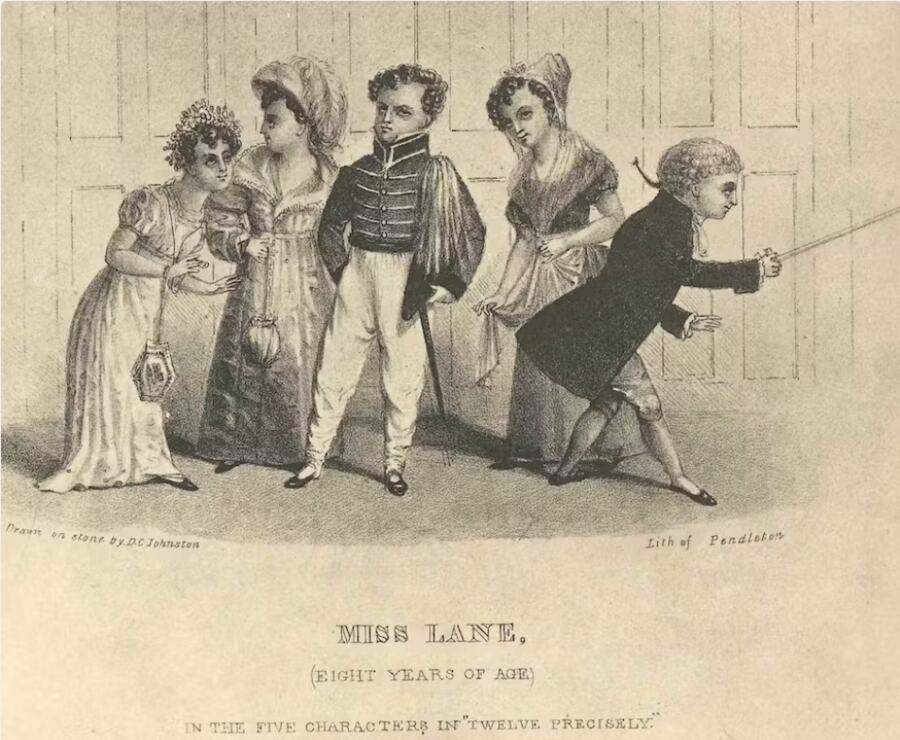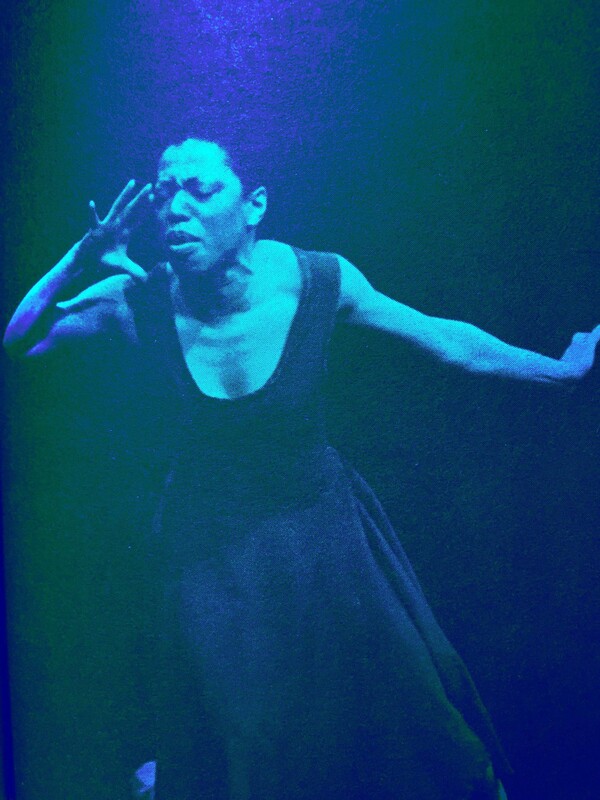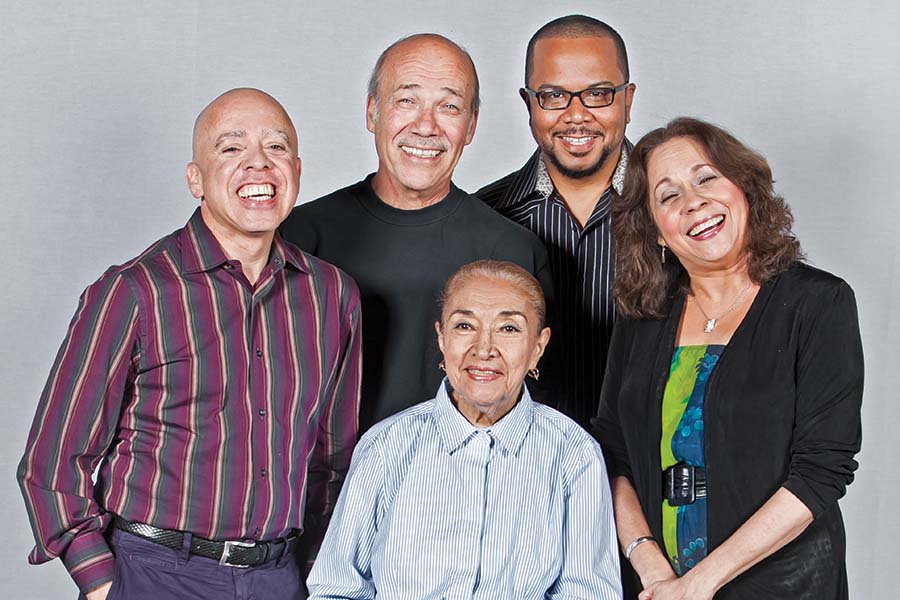January 1829 (195 years ago)

Nine-year-old Louisa Lane astounded a critic from The Saturday Evening Post in a production of The Heir at Law by George Coleman at the Chestnut Street Theatre, who wrote, “Whether as the country gawky, the old woman, fop, or French opera singer, she was perfectly at home.” Lane would grow up to become a leading lady who often played opposite Edwin Forrest. She became the first female manager of a major U.S. theatre after assuming her husband’s managerial duties over the Arch Street Theatre in Philadelphia in the 1850s (the theatre was renamed after her, the Mrs. John Drew’s Arch Street Theatre, in 1861). Louisa’s daughter Georgiana married Maurice Barrymore, and their children, Ethel, John, and Lionel Barrymore, went on to become film and stage stars with their grandmother’s encouragement. Decades Lane’s great great granddaughter would be given her married name, Drew, as her first name.
January 1924 (100 years ago)
George “Jig” Cram Cook died on Jan. 11 in Greece. Cook, a playwright and novelist, is primarily remembered as a theatre producer and co-founder of the Provincetown Players in Massachusetts in 1915. Cook was also the husband of Pulitzer-winning playwright Susan Glaspell, with whom he co-wrote two plays, Suppressed Desires (1914) and Tickless Time (1918). Cook and the Provincetown Players produced the early plays of Eugene O’Neill, Edna St. Vincent Millay, and Glaspell before the theatre shuttered in 1922. Under Cook’s leadership, the Provincetown Players produced 93 new American plays by 47 playwrights.
January 1949 (75 years ago)

Laurie Carlos was born on Jan. 25. Carlos was an actor in the original production of Ntozake Shange’s choreopoem for colored girls who have considered suicide/when the rainbow is enuf, playing Lady in Blue through the show’s developmental journey to Broadway and in the 1992 PBS television adaptation. Carlos was a producer and playwright whose plays include Nonsectarian Conversations with the Dead (1985), Organdy Falsetto (1987) and White Chocolate for My Father (1990). Speaking to Bomb magazine in 1993, Carlos articulated her artistic purpose: “In America, in the early ‘60s, the voices of Black people were very minimalized. I wanted to be able to use my voice as an artist for political reasons as well as aesthetic reasons. The two are not very far apart.” Carlos died on Dec. 29, 2016.
January 1959 (65 years ago)
Variety reported that the total weekly gross for all Broadway shows hit $1 million for the first time during the first week of January that year (around $10.6 million in 2023 dollars). The 1958-59 season was near the peak of what is sometimes called “The Golden Age” of Broadway book musicals. The original runs of West Side Story, Flower Drum Song, Carousel, The Music Man, My Fair Lady, Guys and Dolls, and The Pajama Game all operated on Broadway simultaneously, which helped raise Broadway’s grosses to new levels. With the influx of tourists, the week that includes New Year’s Day often serves as a high-water mark for Broadway grosses. In 2023, the total gross for all Broadway shows was $51.9 million for the first week ending in January, according to the Broadway League.
January 1979 (45 years ago)

The Avocado Kid, or Zen and the Art of Guacamole, a musical by Philip Kan Gotanda, opened at East West Players in Los Angeles on Jan. 25. The Avocado Kid was Gotanda’s first musical, though since its opening Gotanda has developed one of the largest bodies of Asian American-themed performance works. A composer, independent filmmaker, and playwright, Gotanda specifically focuses his writing on Japanese American families, and he has been awarded dozens of awards, grants, and fellowships, including the inaugural Dramatists Guild Foundation’s Legacy Playwright Award. The Avocado Kid follows Momotaro the Peach Boy as he competes against his nemesis, Jagaimo, and his gang of outlaws, the Bandelles, in a musical contest. According to Esther Kim Lee in A History of Asian American Theatre, the musical is “relaxed and playful (often in sexual ways), [as] the musical uses traditional elements but presents them with ironic and contemporary sensibilities of the Sansei experience and American popular culture.”
January 2014 (10 years ago)

The Puerto Rican Traveling Theater and Pregones Theater completed their merger and became Pregones/PRTT. The Puerto Rican Traveling Theater opened in 1967 under the leadership of movie star Miriam Colón and founded the Training Unit, the premiere training program for Latinx performers in New York, in 1969. Pregones Theater was started in 1979 by a collective of artists including Victor Fragoso, Rosalba Rolón, Luis Meléndez, David Cromett, Sandra Rodríguez, and Elba Lugo. In 2003, Pregones started producing the Asunción Playwrights Project, which began as an annual competition of plays on LGBTQ themes. Pregones/PRTT operates the only stand-alone theatre in the Bronx not affiliated with a university, while their Manhattan playhouse is uniquely situated as a Latine theatre in the Times Square/Broadway district. Today, Pregones/PRTT conducts an annual summer tour of New York and an international tour with the Worldwide Theater Carrousel, in addition to its mainstage season of “new plays and adaptations known for the distinctive visual and rhythmic character, integration of live music as a primary element, and artful inquiry into Puerto Rican/Latino and American lives, migrations, and popular cultures,” per its website.


